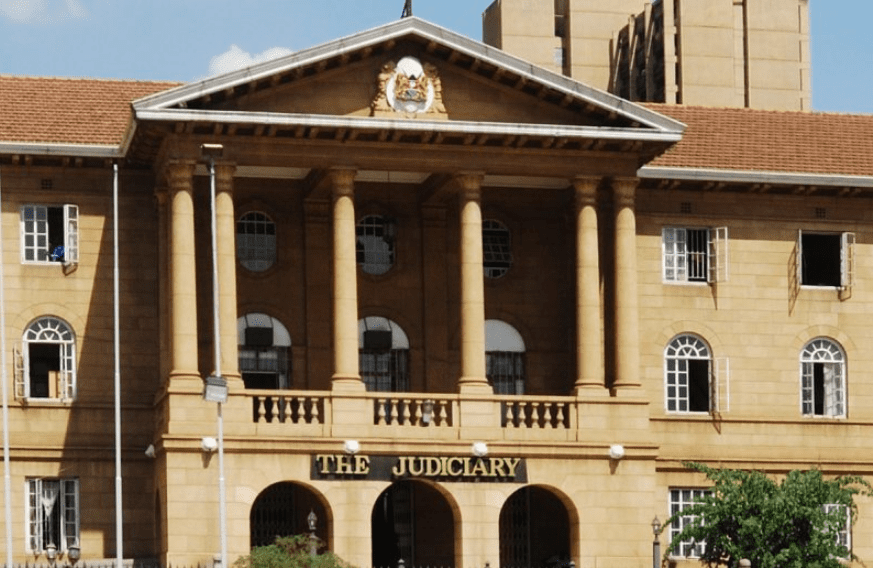

The Judicial Service Commission (JSC) has launched investigations into allegations of bribery involving a High Court judge, following a series of claims circulating widely on social media platforms.
In a statement released Monday, JSC Secretary Winfridah Mokaya confirmed that the commission has taken up the matter with urgency and is committed to ensuring that the truth is established through a lawful and transparent process.
“The Commission has commenced investigations into the matter and reaffirms its unwavering commitment to uphold integrity and ensure accountability within the Judiciary, in full adherence to the rule of law,” Mokaya stated.
She noted that Articles 168 and 172 of the Constitution mandate the JSC to promote and safeguard the independence, discipline, and accountability of judicial officers.
Mokaya also assured the public that the Commission will keep Kenyans informed on the progress of the probe.
“The Commission will continue to update the public as appropriate,” she said.
This latest development comes at a time when the judiciary is facing mounting public scrutiny over increasing allegations of corruption, some involving senior judicial officers.
The JSC has not disclosed the identity of the judge at the center of the social media allegations.
Chief Justice Martha Koome has been vocal about her administration's zero-tolerance stance on corruption. She has consistently reaffirmed that the Judiciary will not shield any officer found culpable of engaging in unethical or criminal conduct.
As part of broader reform measures, the Judiciary is currently implementing several anti-corruption and transparency-enhancing strategies, including digital services and court automation to reduce manual interactions that allow for bribery.
The judiciary is also implementing virtual court sessions and e-filing systems aimed at increasing efficiency and reducing delays and streamlining of registry services to prevent manipulation and file tampering.
Additionally, the Judiciary has formed Court Integrity Committees (CICs) across all court stations nationwide. These committees serve as internal oversight mechanisms to monitor and report integrity-related issues.
The move by the JSC to initiate formal investigations is seen as a step toward restoring public confidence in the Judiciary.
Surveys and public sentiment indicate that many Kenyans believe corruption remains a persistent challenge in courts where bribery and file disappearance are frequently reported.













